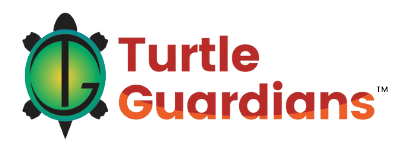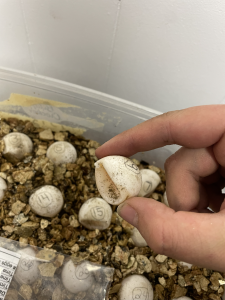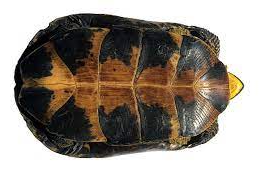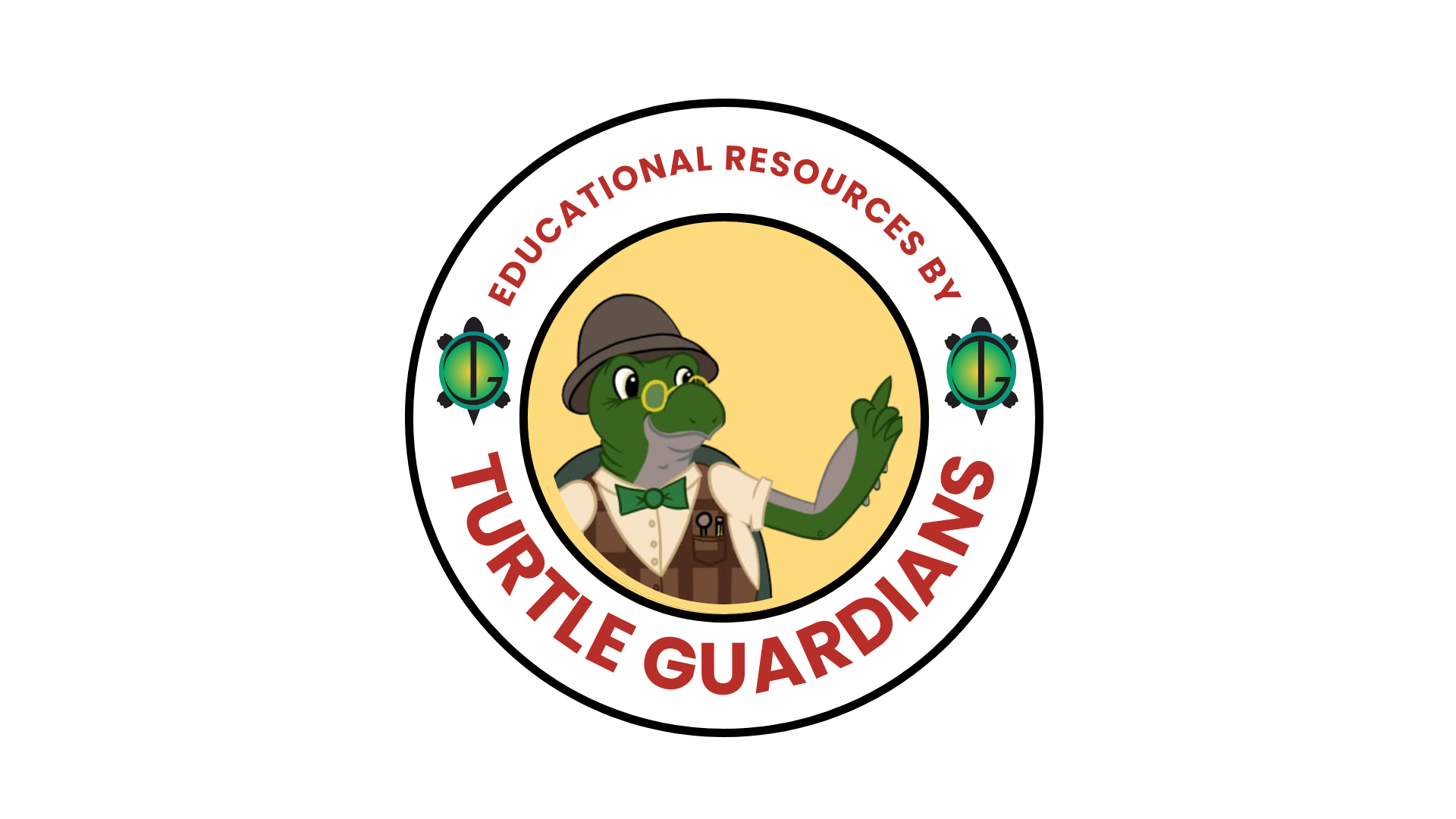
Working Towards Practical and Balanced Solutions
Welcome to the TGRM arm of Turtle Guardians.
We are dedicated to finding pragmatic solutions that can achieve a balance between conservation and progress; solutions that are informed by science. Both aspects of human and wildlife welfare are considered in our approach. We take a four pronged approach to conservation: Research; Monitoring; Mitigation/Restoration; and Skill Development. We also work collaboratively across jurisdictions, with landowners, municipal road departments, provincial government bodies, in partnership with academic institutions, and also with developers.
Joint Ventures and Partnerships
Data Sharing, Shared Research and Authorship Conventions
The Land Between and Turtle Guardians maintain extensive long-term datasets and active research programs, and, together with our colleagues, are advancing work on complex conservation questions that require deeper analysis and cross-institutional collaboration. To support this next phase, we are preparing to formalize research partnerships with universities and research institutes across North America.
We are currently developing collaborative frameworks and partnership models, including clear policies, that recognize and respect all contributions, uphold institutional and academic standards, and ensure reciprocal benefits and outcomes for partners, students, and communities. This work is being informed through consultation with universities, professors, and disciplinary experts to ensure alignment with research ethics, authorship norms, data stewardship expectations, and funder requirements.
Our approach is grounded in transparency, accountability, and fairness. As these frameworks are finalized, we will make our policies and partnership opportunities publicly available to support strong, ethical, and productive collaborations that advance conservation outcomes at scale.
Current Research Efforts
Egg implosions/Calcium Levels and Mother-Fitness
Starting in 2020 and continuing until 2024 (and minorly in 2025) the Turtle Guardians COO, Leora Berman, began to notice that eggs from some nests in some areas would quickly implode (collapse or fold in on themselves almost entirely), and within minutes from being excavated. The implosions were preceded by a "snap crackle pop" sound. At the same time nests from other areas on the same days did not have any notable issues. The trend, based on egg shell strength, could be related to either calcium levels in the environment, or the mother's ability to lay down calcium during egg formation, or a combination of both. Applications of herbicides and other apllications which are known endocrine disruptors, application of road salt, and also declining amounts of available calcium in aquatic environments are all factors for consideration in identifying causation. The charity will be pursuing continued research into egg shell strength relative to nest location and maternal health.
Population Ecology and Observational Hotspots: Impacts of Various Roads and Development Patterns on populations.
Turtle Guardians has the longest running road ecology database in Canada; having patrolled and gathered data along dedicated routes since 2017. Data collected is standardized and includes body condition/fitness. The charity is working systematically to analyze: 1) biomass corrected for age classes and across species in four varying landscapes 2) population trends over time and across primary to tertiary roads corrected for landscape connectivity and habitat availability. Additional and multiple analyses will be conducted using the data sets to support recovery science. Nesting and mortality/crossing hotspots are also analyzed.
Population Ecology: Mark Recapture Using Digital Recognition
Turtle Guardians gathers data in the form of photos for Blanding's turtle's plastrons and Midland Painted turtle's bridges, in additional to temporary markings on all processed (measured, weighed) turtles within the study area. The data is used to understand migration patterns and to track individual turtles over time.
Durability and Willingness to Use for a New Ecopassage Fencing Prototype.
Turtle Guardians gathers has developed a prototype of ecopassage jump out fencing that is currently patent pending; the fencing is fast to deploy, inexpensive, and has been tested over 5 years for stability. Currently, the charity is also pursuing engineer load bearing and corrosion testing.
This research is being supported by the Species at Risk Stewardship Fund by the Government of Ontario.
Overwintering Site Abundance and Conditions
We are currently conducting research on available overwintering sites in Ontario's Highlands; including assessing impacts of low waters on known sites.
Monitoring and Mitigation
Priority Mortality Site Mitigation
Turtle Guardians uses all observation and road patrol data to map potential ecopassage. Remote sensing confirms potential. On site reconnaissance assesses feasibility. The charity works to install our durable ecopassage fencing systems, monitoring effectiveness, in as many priority and feasible sites as possible within our capacity.
Municipal Road Patrols
In partnership with municipalities, we "sweep" roads scheduled for maintenance and improvements for turtle nests, to support them in mitigating harm to nests.
Development Designs and Input
We consult with developers in designs to mitigate harm to turtles, nests sites, and overwintering areas; finding solutions for storm water clean outs and new developments.
Direct Road Patrol and First Line Mitigation.
Turtle Guardians works to train volunteers across North America in turtle biology and behaviours as well as data and safety standards, in order to patrol major roads and areas of threat.
Nest Excavation, Incubation and Hatchling Release.
We train volunteers and staff to recognize nesting behaviour. We respond to observations and also calls of nesting mothers that are in vulnerable locations. Primary roads and construction zones are priorities for excavation and exsitu incubation; to support a rebalancing of increased predation rates and road mortality.
Read more about our mitigation efforts:
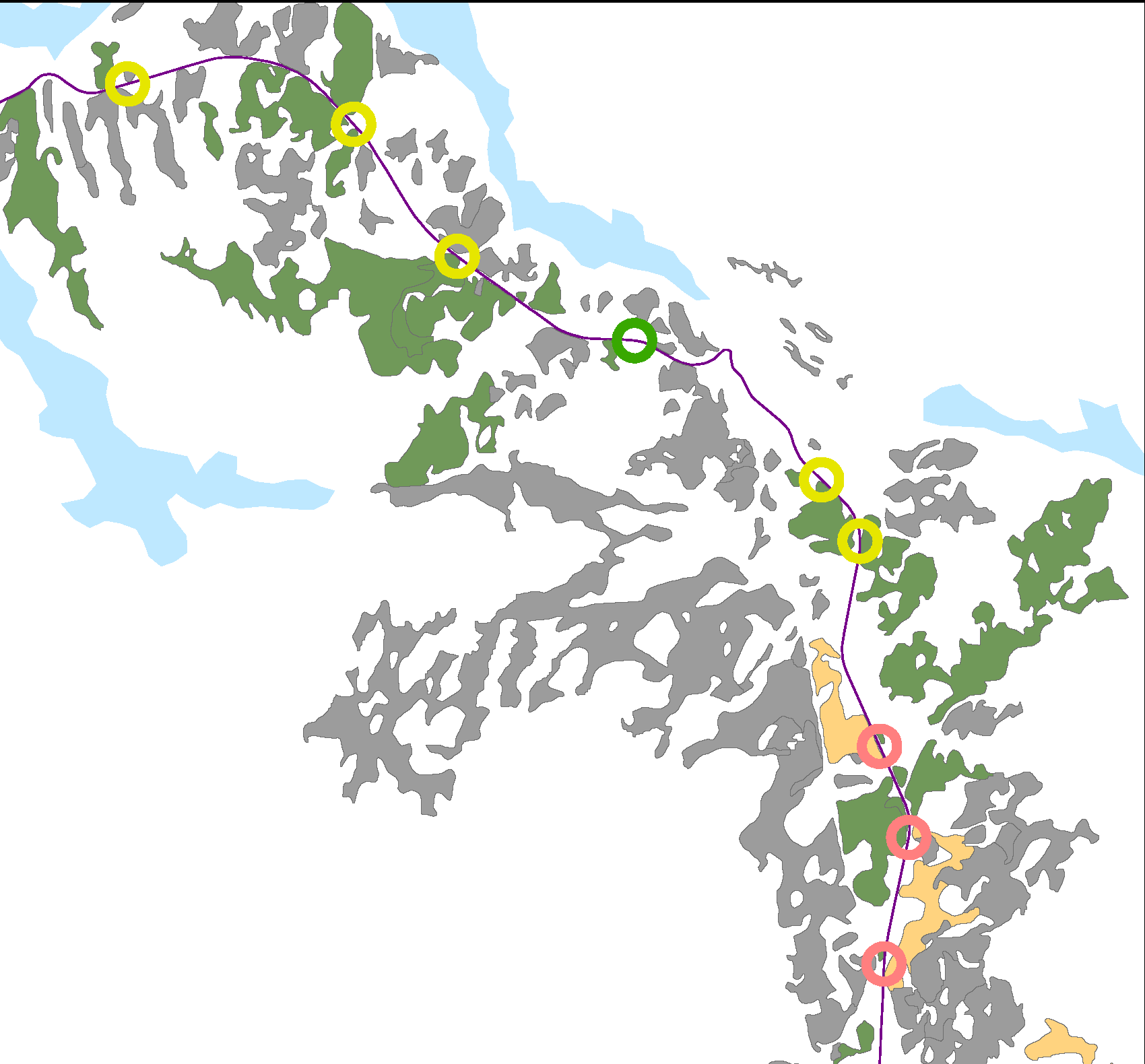
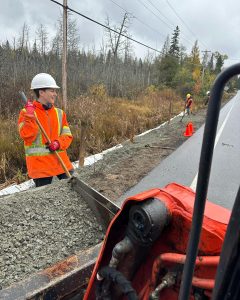
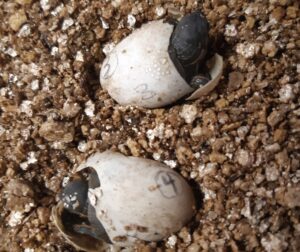
Skill Development
Best Practices
We train directly and/or facilitate training of practitioners and conservation groups in turtle behaviour, current science and research findings, and practical considerations for recovery efforts including in installation of ecopassage solutions, in monitoring and maintenance considerations. We also train other groups under permits with regards to excavation and incubation best practices.
Assessments of Ecopassage Potential
As not all priority crossing sites are feasible, we train volunteers, groups and road departments in assessing ecopassage potential.
Snapper Handling Training
We train road crews, municipal staff, OPP, and other practitioners in turtle handling, and biology to help jurisdictions with compliance standards and conservation.
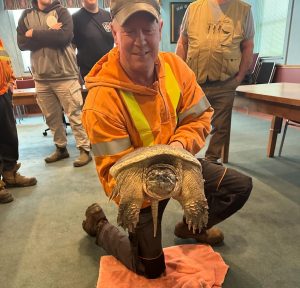
Kids and Communities
We provide workshops, kids camps, presentations, tours, and educational curriculums for all elementary school grades.
Additional Publications and Resources
Field Observations: "TG Remarks"
Technical Videos
The Needs for a Low Cost, High Quatlity Solution
Ecopassage and Road Mortality Mitigation Considerations- with EcoKare Intl.'s Kari Gunson
Ecopassage and Road Infrastructure Maintenance- With EcoKare International's Kari Gunson
